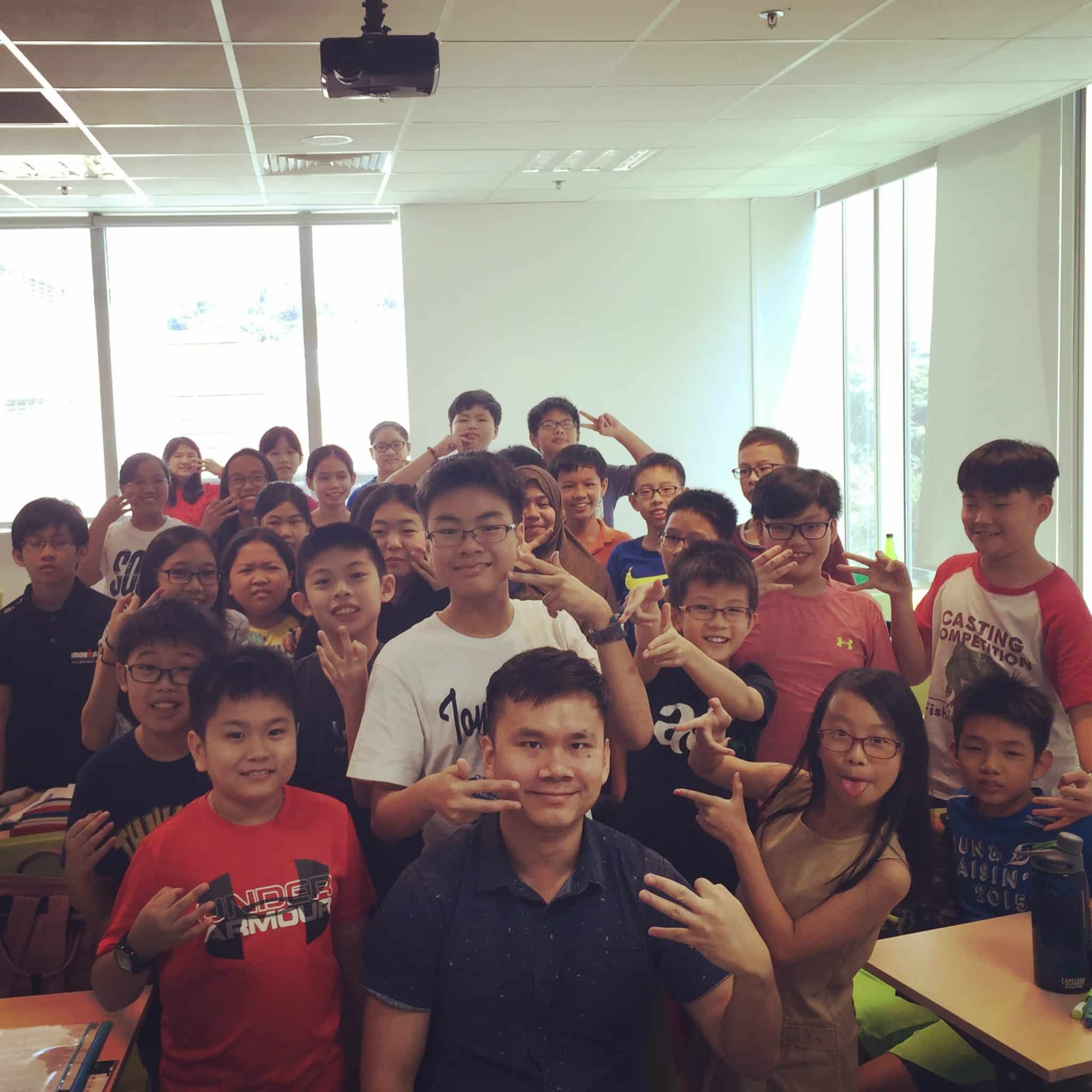Institutions of education, and the technique of which they are a aspect, face a host of unprecedented challenges from forces in society that have an effect on and are influenced by these pretty institutions and their communities of learners and educators. Amongst these forces are sweeping demographic adjustments, shrinking provincial budgets, revolutionary advances in facts and telecommunication technologies, globalization, competitors from new educational providers, market place pressures to shape educational and scholarly practices toward profit-driven ends, and growing demands and pressures for fundamental alterations in public policy and public accountability relative to the role of greater education in addressing pressing concerns of communities and the society at significant. Any person of these challenges would be important on their personal, but collectively they improve the complexity and difficulty for education to sustain or advance the basic operate of serving the public fantastic.
Via a forum on education, we can agree to: Strengthening the connection amongst greater education and society will require a broad-based effort that encompasses all of education, not just individual institutions, departments and associations.
Piecemeal options can only go so far tactics for modify must be informed by a shared vision and a set of widespread objectives. A “movement” method for alter holds greater promise for transforming academic culture than the prevailing “organizational” method.
Mobilizing alter will need strategic alliances, networks, and partnerships with a broad range of stakeholders inside and beyond education.
The Typical Agenda is especially created to help a “movement” method to modify by encouraging the emergence of strategic alliances among individuals and organizations who care about the role of greater education in advancing the ideals of a diverse democratic system via education practices, relationships and service to society.
A Common Agenda

The Typical Agenda is intended to be a “living” document and an open method that guides collective action and studying amongst committed partners within and outdoors of higher education. As a living document, the Popular Agenda is a collection of focused activity aimed at advancing civic, social, and cultural roles in society. This collaboratively developed, implemented, and focused Popular Agenda respects the diversity of activity and programmatic foci of individuals, institutions, and networks, as properly as recognizes the frequent interests of the whole. As an open procedure, the Common Agenda is a structure for connecting operate and relationships around widespread interests focusing on the academic function in serving society. Different modes of aliening and amplifying the popular perform within and beyond education will be provided within the Typical Agenda course of action.
This method is understandably ambitious and distinctive in its purpose and application. In the end, the Common Agenda challenges the program of greater education, and those who view education as very important to addressing society’s pressing difficulties, to act deliberately, collectively, and clearly on an evolving and substantial set of commitments to society. At the moment, four broad issue regions are shaping the focus of the Prevalent Agenda: 1) Constructing public understanding and assistance for our civic mission and actions 2) Cultivating networks and partnerships 3) Infusing and reinforcing the value of civic responsibility into the culture of higher education institutions and 4) Embedding civic engagement and social responsibility in the structure of the education system
VISION We have a vision of larger education that nurtures individual prosperity, institutional responsiveness and inclusivity, and societal well being by advertising and practicing studying, scholarship, and engagement that respects public requirements. Our universities are proactive and responsive to pressing social, ethical, and economic challenges facing our communities and greater society. Our students are men and women of integrity who embrace diversity and are socially accountable and civilly engaged throughout their lives.
MISSION The goal of the Typical Agenda is to present a framework for organizing, guiding and communicating the values and practices of education relative to its civic, social and economic commitments to a diverse democratic technique.
GUIDING PRINCIPLES
I think social justice, ethics, educational equity, and societal alter for positive effects are basic to the work of larger education. We consider the relationship in between communities and education institutions to be based on the values of equally, respect and reciprocity, and the work in education to be interdependent with the other institutions and men and women in society.
Read More will seek and rely on extensive partnerships with all forms of institutions and devoted folks inside and outdoors of higher education.
We recognize the interconnection of politics, power and privilege. The Prevalent Agenda is not for greater education to self-serve, but to “walk the speak” relative to espoused public ambitions. We recognize the Frequent Agenda as a dynamic living document, and anticipate the activities it encompasses to change more than time.
THE Typical AGENDA FRAMEWORK The common framework for the typical agenda is represented in the following diagram. It is clear that whilst targets and action items are organized and aliened within particular issues regions, there is considerable overlap and complimentarity amongst the difficulties, targets and action items. Also, following every action item are names of people who committed to serve as “point persons” for that unique item. A list of “point persons,” with their organizational affiliation(s) is included with the widespread agenda.
